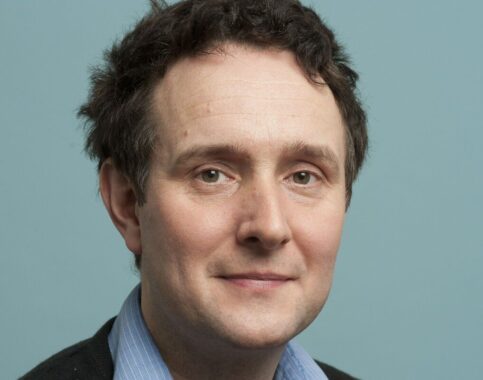Dr David Mummery considers the value of common sense medicine in a world that is increasingly taken over by chatbots, algorithms and artificial intelligence
In these troubled times for general practice, it is easy to lose heart and think, ‘What the heck! Soon, Chat GPT will be taking our jobs, so we may as well try and retire as early as possible and do something else instead.’
Only, if NHS England has its own way, this is how primary care will become; dominated by chatbots, algorithms and other artificial intelligence (AI) technologies. Every day there are articles about how they will supposedly revolutionise healthcare. But there are two things that AI does not – and will never – have that may be quite important in decision-making and general practice as a whole.
The first is common sense. It’s hard to define, but it implies a very human quality, grounded in wisdom and experience. And it’s very important in general practice and decision-making: where the AI chatbot symptom sorter tells a patient that they might have a Charcot joint, common sense and a two-second observation tell a GP that it’s in fact an ingrowing toenail.
The second is ethics grounded in human consciousness. Computers and AI can never be conscious (the philosopher John Searle showed this definitively in his ‘Chinese Room’ thought experiment). All decisions we make as GPs have an ethical dimension; sometimes there are conflicting values and ethical dilemmas, and this is common in complicated situations involving human beings. Human consciousness seems integral to good decision-making, grounded in the right ethical framework. Does AI have either of these?
Consider what a chatbot always says at the end of the long list of questions you have to go through when you do an e-consultation. Usually, it says, ‘See your GP!’ And sometimes, it says, ‘Go to A&E’ to people with colds who respond with a ‘Yes’ to the ‘Do you have difficulty breathing?’ question.
Ultimately, a human being has to make the decision, using common sense and experience. To me, all the AI, triage, questions and algorithms are pointless (and can be dangerous and create more work).
Has the A&E crisis been partially created by chatbots and algorithms telling patients to go to A&E, when a discussion with a human GP practising common sense medicine may have prevented this?
I don’t know if there’s a speciality called common sense medicine, but I think there should be.
Dr David Mummery is a GP in west London
Pulse July survey
Take our July 2025 survey to potentially win £1.000 worth of tokens















Totally agree, but I would welcome AI to do a trawl through systm one notes to extract the useful and positive findings from all the irrelevant guff that templates record.
David, I agree strongly with your argument.
However I disagree equally strongly with your endorsement of the phrase “common sense”.
It is common sense that PSA screening will save lives. It is common sense that charging for missed appointments will reduce the wait to see your GP… need I go on?
Our job is full of examples where common sense assumptions turn out not to be supported by evidence.
Common sense is not necessarily the friend of rational, evidence-informed decision making.
There is a better word for the quality you are rightly praising, and ironically it is a word you use in the article: wisdom.
Wisdom is the key to much decision making in general practice, and is not something an algorithm can possess.
Great article, David.